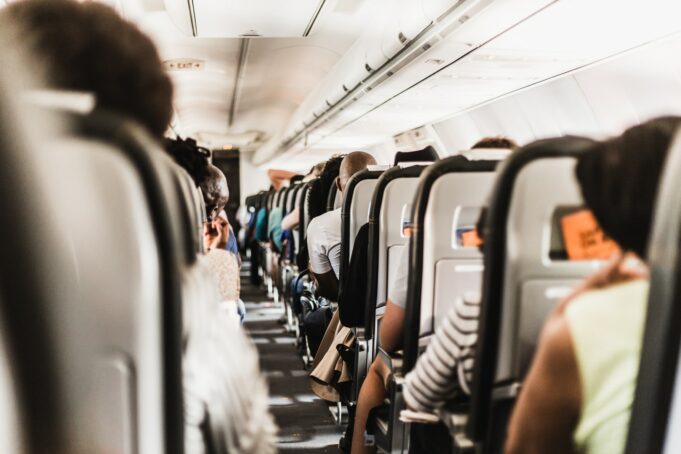As people are being told to get back to normal by the Government, thoughts have naturally been turning to booking long-awaited holidays, but how safe is travelling during a pandemic? Additionally, what can be done to make it less dangerous?
The following are all essential criteria for travellers to keep in mind, as is the fact that all non-essential travel is still being advised against.
Tests exist for peace of mind
Covid testing gives you peace of mind that you haven’t been in contact with anyone who is infected without knowing. Whether you choose to wait your turn for an NHS test or take matters into your own hands and enlist the services of a private firm, you can rest easy knowing that everyone else has been tested, too.
And as far as your flights are concerned, you can take a seat safe in the knowledge that nobody without a fit-to-fly certificate will have been allowed on board.
Avoiding public transport helps
Government guidelines have made it clear that avoiding public transport (where possible) helps to keep us all safe, and the same goes for when you’re travelling. Getting to the airport should be done in a car with those you are travelling with or live with, and once at your destination, continuing to avoid shared transport is a good idea.
It will pay for people to plan ahead by booking a hotel somewhere within easy walking distance of everywhere they want to see.
Packing a personal safety kit
Keeping a pandemic kit to hand will help to minimise potential problems and they are quick and cost-effective to compile. Travellers should use clear bags and containers, in line with standard hand-baggage requirements and pack sanitiser, spare masks and anti-bacterial wipes. A kit such as this will allow people to avoid uncomfortable issues in shared bathrooms, while also offering fast cleansing if unexpected surface touching occurs.
Making sure to stay informed
Potential travellers can avoid flying to risky areas by always researching their intended destinations carefully and checking regularly for infection updates. New Zealand, although in control again now, suffered a slight relapse, meaning that pre-booked travellers were not allowed to enter the country unexpectedly. This is something that can be avoided by checking online or watching the news regularly.
Taking personal responsibility
If everybody does their bit to stay safe and minimise transmission, travelling during Covid-19 can be relatively straightforward. Wearing masks, monitoring for symptoms and following all government guidelines, including checking in with the track-and-trace app, will help to reduce the likelihood of a second wave of infection. It’s worth remembering, however, that it only takes one asymptomatic or irresponsible person to set a bad chain of events in motion.
Certain countries pose more of a threat
Nobody is playing the blame game, but certain countries have struggled more than others to get the Covid-19 outbreak under control. With this in mind, potential holiday destinations should be chosen — or at least shortlisted — with numbers in mind. Looking ahead to determine which protocols are in place will also give travellers a good idea of where is safest to visit.
When asking how safe it is to travel during a global pandemic, the short answer could be not very. After all, this is an outbreak that has affected almost every country in the world, but upon closer inspection, there are plenty of systems in place to ensure not only traveller safety but also the continued protection of the residents in locations that rely on tourism.














